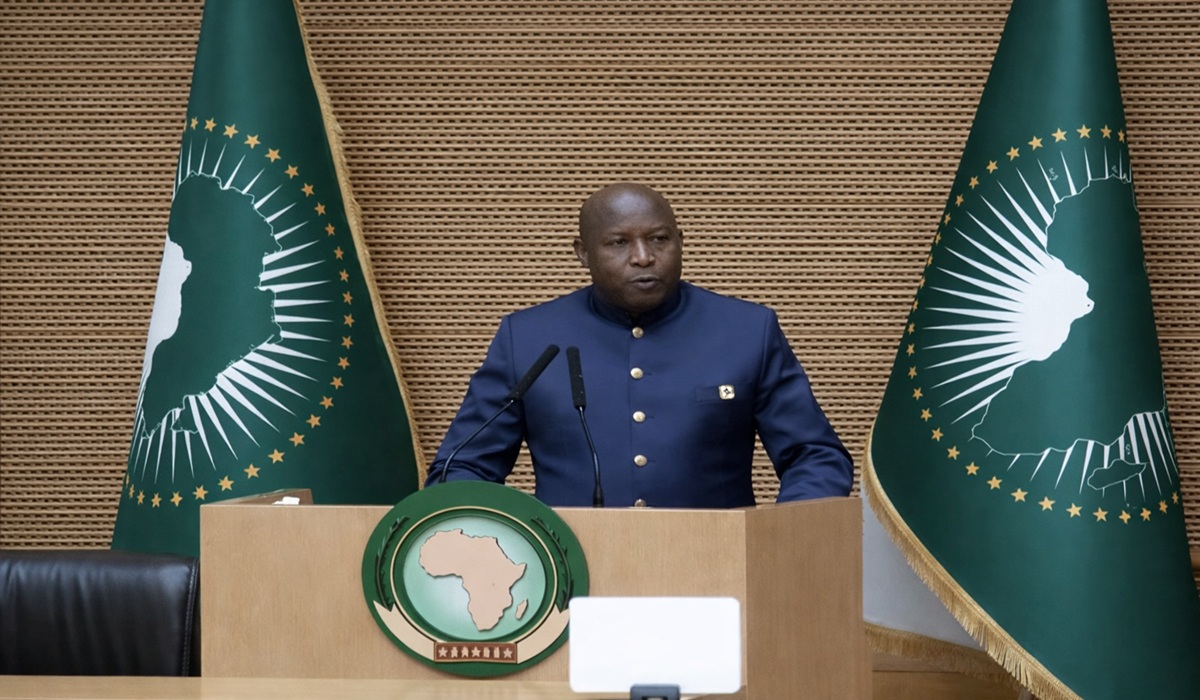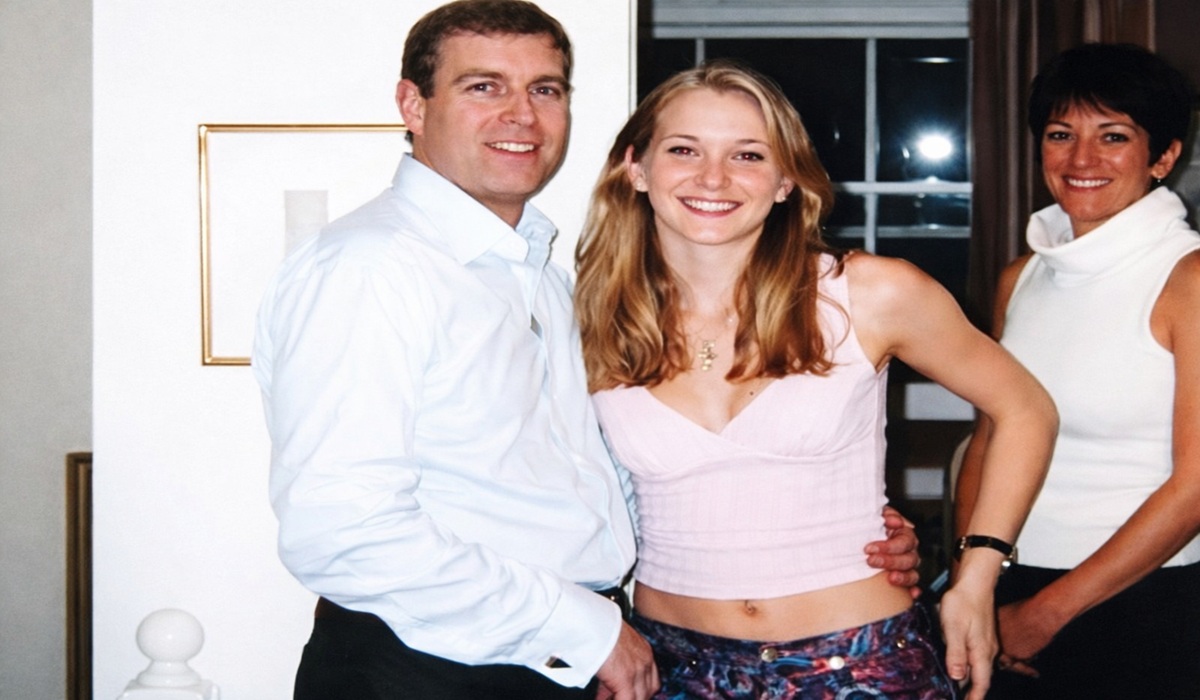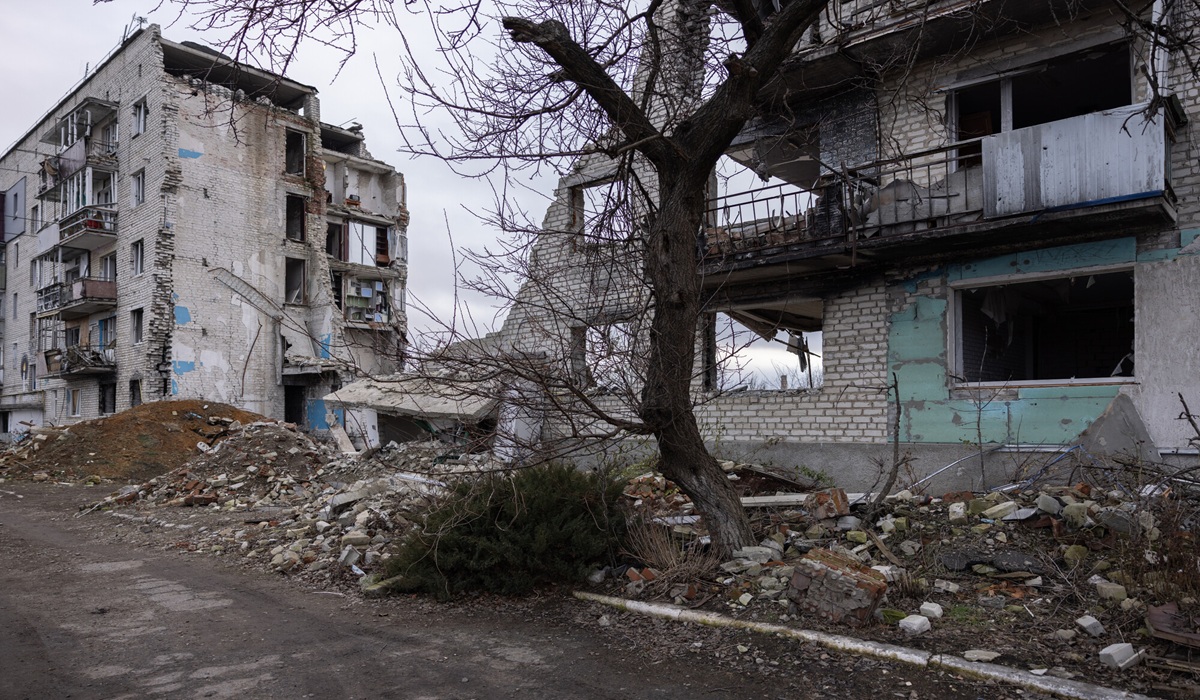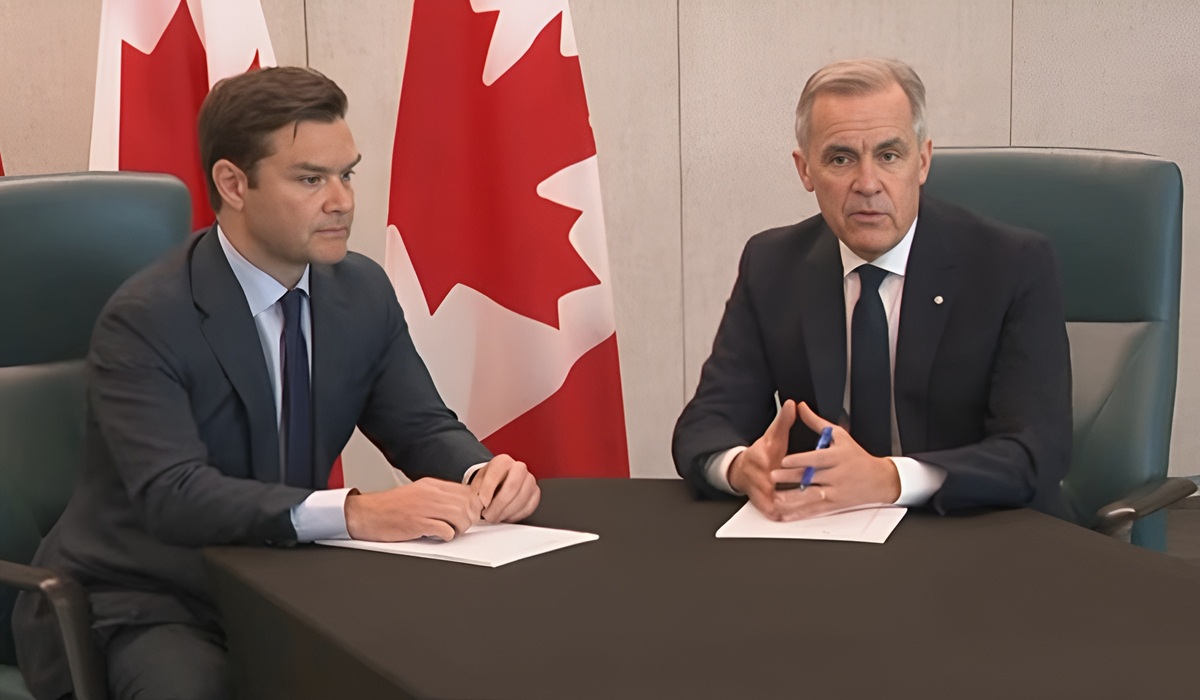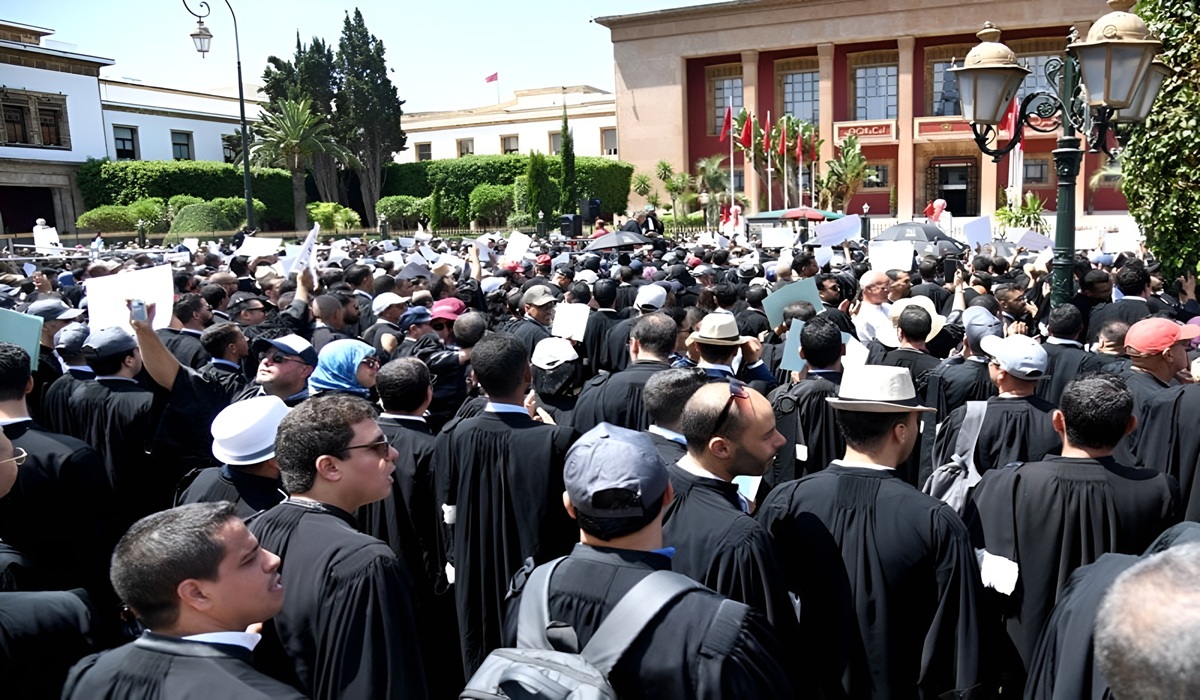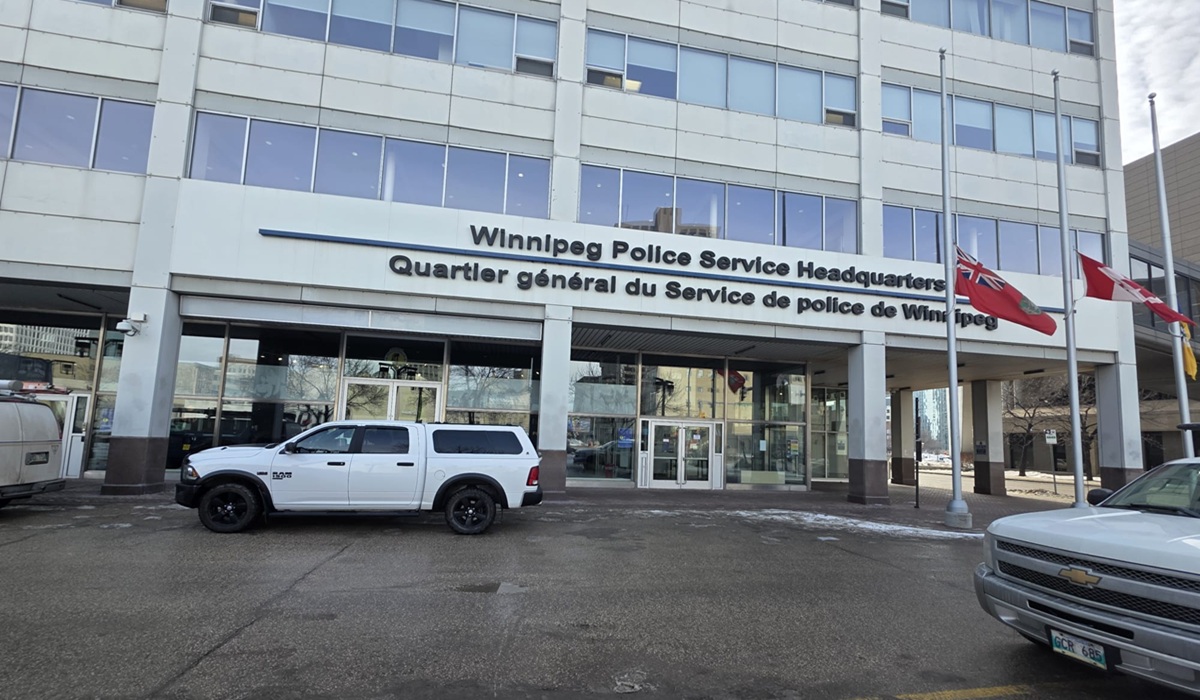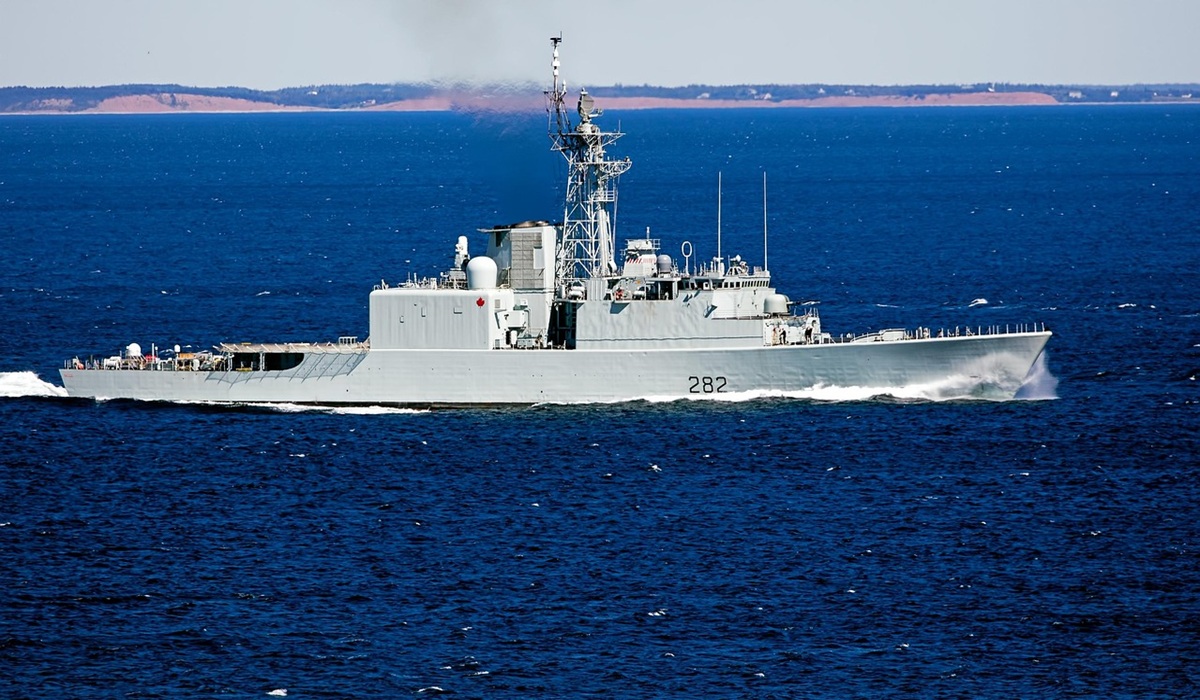The UN Calls Gaza Conditions “Apocalyptic”: A Diplomatic Reckoning with an Unfolding Human Catastrophe
- Ingrid Jones
- Breaking News
- July 9, 2025
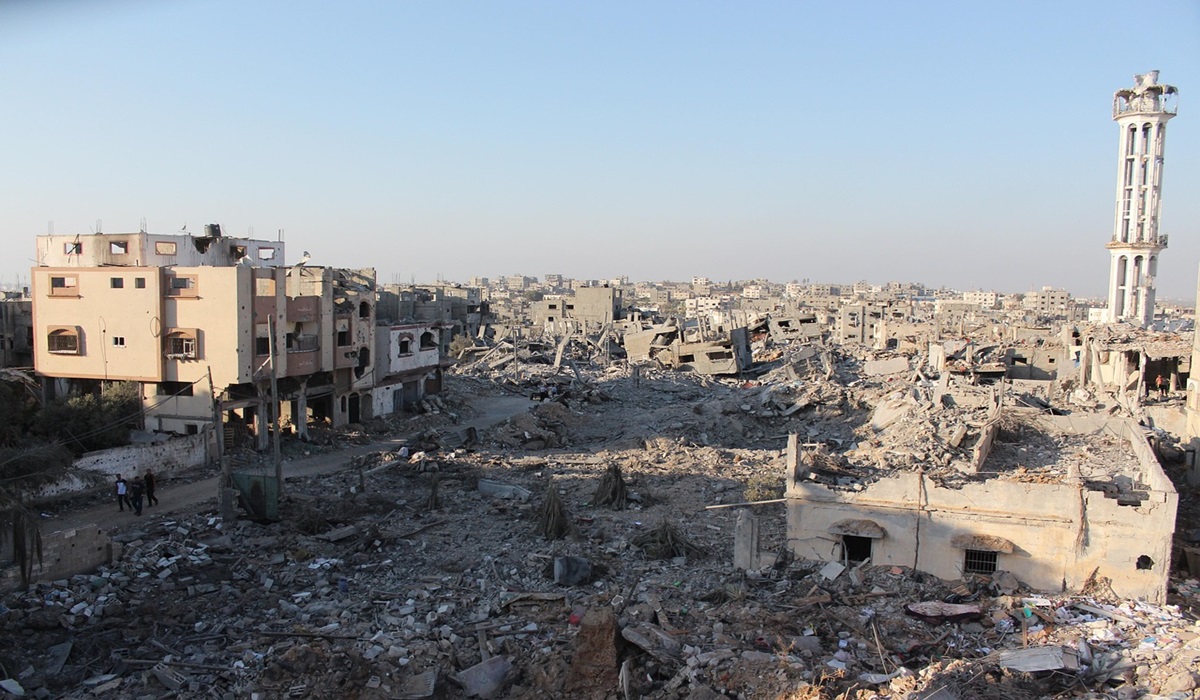
Imager Credit, Hosny Salah
The United Nations has recently described the conditions in Gaza as “apocalyptic.” It’s a word that evokes the unimaginable—yet even that feels inadequate. In Gaza, the unimaginable has become reality. The situation is not merely a humanitarian crisis. It’s a full-blown collapse of civilization for over two million people trapped under siege, bombarded daily, and stripped of the most basic means of survival. This is not just about politics. This is not about regional disputes. This is about a catastrophic failure of human decency on the world stage.
What is unfolding in Gaza right now is arguably one of the worst modern-day atrocities we’ve witnessed. Starvation is widespread. Families are living without food, without water, without shelter. Medical care is almost entirely nonexistent. Hospitals have been reduced to rubble, or forced to operate without electricity, medicine, or staff. The dead pile up because the living have no means to bury them. Diseases are sweeping through overcrowded camps. Children are dying not only from bombs but from preventable illnesses and lack of nourishment. And through it all, the world continues to watch.
Even in conflict, there are rules—international laws that safeguard civilians, protect critical infrastructure, and uphold human dignity. These laws are being trampled daily in Gaza. And yet, there has been no meaningful international consequence. The Israeli government continues its military campaign with open defiance of international outcry. It does so with the confidence that no major global power will stop it. And that confidence, tragically, is not unfounded.
The United States, a nation that claims moral leadership and global responsibility, has stood by Israel through this onslaught. It has provided weapons, funding, and diplomatic cover. It has blocked ceasefire resolutions at the United Nations. It has refused to place conditions on its aid, even in the face of rising civilian casualties. Other allies have followed suit, whether out of loyalty, politics, or fear of backlash. The result is a green light for impunity. The message to the world is clear: certain states are above accountability.
This isn’t just about Gaza anymore. This is about the credibility of international norms. If entire neighborhoods can be leveled, if families can be starved and bombed into oblivion while the world’s most powerful nations do nothing—or worse, endorse it—then the system is broken. And that breakage is dangerous, because it tells future aggressors that they too can act with impunity if they have the right allies.
Many experts, including those within the UN, are beginning to use language that signals the unthinkable: that this may in fact be a genocide. The word carries immense legal and moral weight. It is not used lightly. But when an entire population is being collectively punished, denied the essentials of life, displaced en masse, and killed in numbers that shock the conscience, the line between war and extermination begins to blur.
And yet, the global response remains cautious, muted, strategic. The diplomatic language dances around the horror. Leaders speak in passive tones—”we urge restraint,” “we encourage dialogue,” “we are monitoring the situation”—while bodies are pulled from the rubble. There is a profound disconnect between the urgency of the situation and the pace of international action.
This is a moment of reckoning. The moral compass of the international community is being tested. And right now, it is failing. There will be history books written about this. There will be tribunals, investigations, testimonies. But by then, countless more lives will be lost. The people of Gaza need help now. Not statements. Not concern. Real, tangible intervention. Ceasefire. Food. Medicine. Safe zones. Dignity. Hope.
To be clear, none of this requires choosing sides in a conflict. It requires choosing humanity over barbarity. Choosing law over lawlessness. Choosing life over silence. The situation in Gaza is not a complex puzzle that defies resolution—it is a moral emergency that demands immediate action. Every delay is a choice. Every veto is a death sentence. Every silence is complicity.
The world must decide—now—whether to be a bystander or a protector. Whether to be remembered for indifference or intervention. Whether to uphold the principles of human rights, or abandon them when it’s politically inconvenient. Gaza is not a footnote to history. It is a defining chapter. And the ink is still wet.

